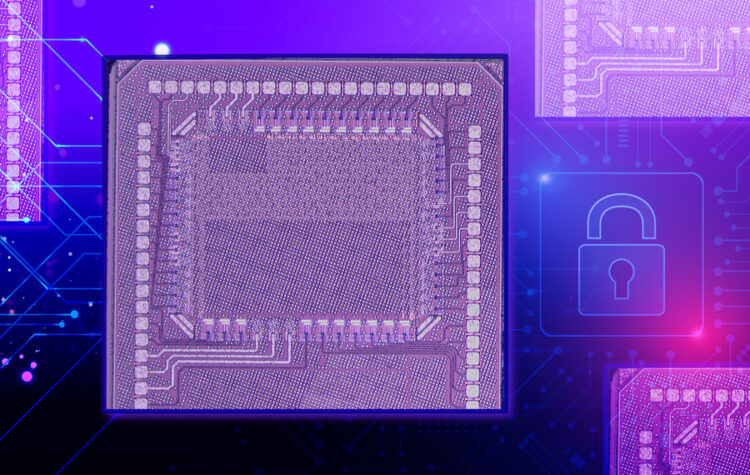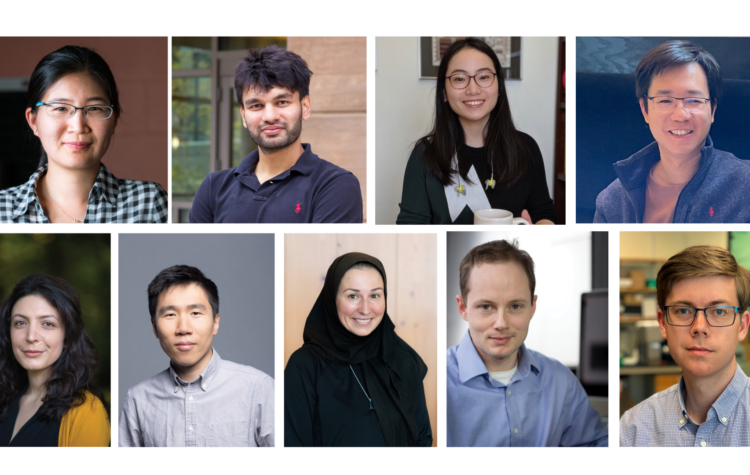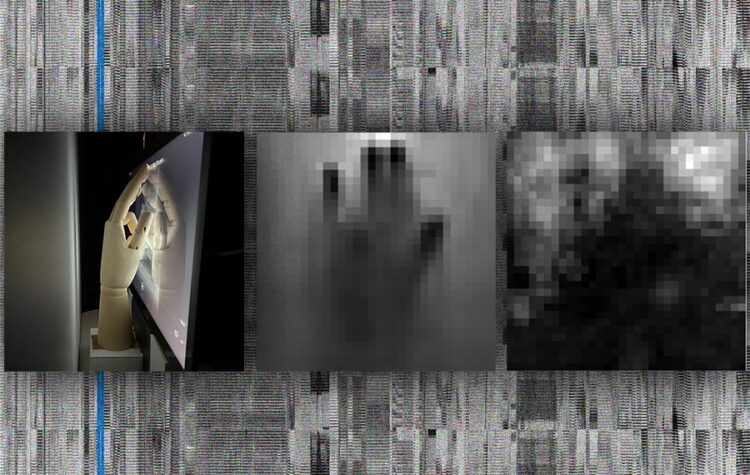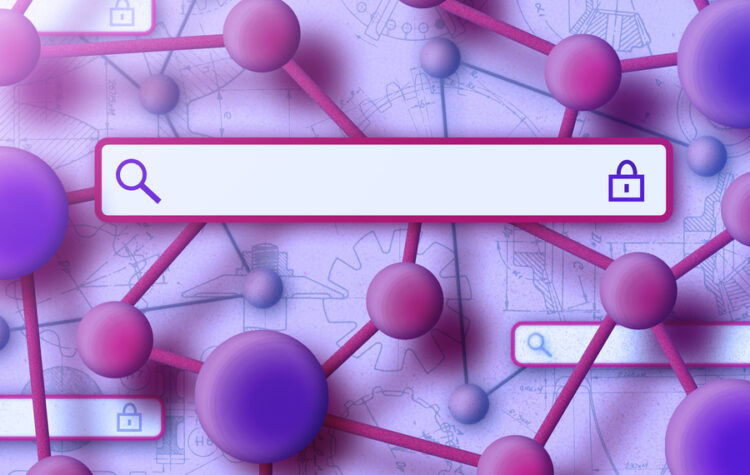
The technique leverages quantum properties of light to guarantee security while preserving the accuracy of a deep-learning model.

Building on a landmark algorithm, researchers propose a way to make a smaller and more noise-tolerant quantum factoring circuit for cryptography.

AI agents could soon become indistinguishable from humans online. Could “personhood credentials” protect people against digital imposters?

Ranking at the top for the 13th year in a row, the Institute also places first in 11 subject areas.

The Institute also ranks second in five subject areas.

Researchers have developed a security solution for power-hungry AI models that offers protection against two common attacks.

The Department of Electrical Engineering and Computer Science (EECS) is proud to announce multiple promotions.

The ambient light sensors responsible for smart devices’ brightness adjustments can capture images of touch interactions like swiping and tapping for hackers.

Founded in 2019, The EECS Alliance program connects industry leading companies with EECS students for internships, post graduate employment, networking, and collaborations. In 2023, it has grown to include over 30 organizations that have either joined the Alliance or participate in its flagship program, 6A.

The SecureLoop search tool efficiently identifies secure designs for hardware that can boost the performance of complex AI tasks, while requiring less energy.